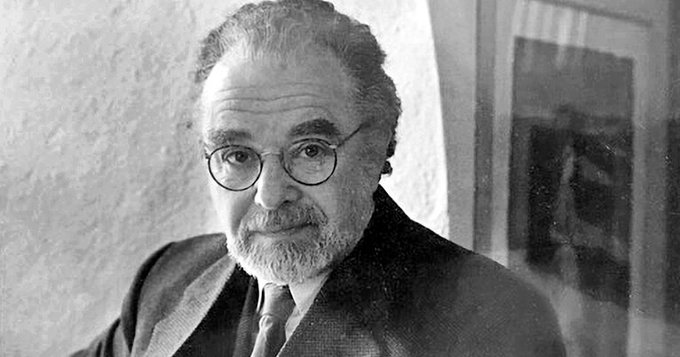
Alan Trachtenberg, a preeminent scholar of American Studies at Yale, passed away in his home in Hamden, CT on Aug. 18. He was 88.
Trachtenberg, the Neil Gray Jr. Professor of English and professor emeritus of American Studies, was a prolific and involved historian whose teaching career spanned more than three decades. During his tenure, he introduced new ways to interpret American culture and helped bring the American Studies program at Yale to the forefront of the field.
“He was an intellectual challenge and companion to many people,” said Laura Wexler, a professor of American Studies and Women’s, Gender and Sexuality Studies. “He had so many students at Yale and other people who he taught and encouraged and responded to.”
When Trachtenberg came to teach at Yale in 1969 after holding posts at Penn State and Stanford University, the field of American Studies was still in its early adolescence. The department’s first permanent appointment, he helped oversee the growth of the University’s program as it became among the most reputed in the country.
Trachtenberg — who was awarded the Smithsonian American Art Museum’s Charles C. Eldredge Prize for his 1990 book, Reading American Photographs — helped cement the significance of photography in American cultural historiography.
His writing stressed the potency of photography as a historical and political instrument. In the book’s prefatory note, he wrote that a camera is “a tool for making a past suitable for the future.”
He worked on both material and symbolic emblems of American culture, ranging from the Brooklyn Bridge to photographs of Abraham Lincoln. Pervasive in his work was “an excitement of using culture to understand how we build the world we live in, its choices and its greatest values,” Wexler said.
His books The Incorporation of America and Shades of Hiawatha also made significant contributions in American labor history, immigrant history and Indigenous history.
His students, many of them now faculty members themselves, remember him not only for his visionary scholarship and the elegance of his prose, but also for his active support as a mentor.
American Studies and English professor Wai Chee Dimock GRD ’82 recalled when she mustered enough courage as a graduate student to ask Trachtenberg — her dissertation advisor — and his wife over for dinner. Despite the hot August weather and the stuffy apartment atmosphere, she recalled “the animated conversation of the two dinner guests, wide-ranging and freely associative, keeping [her] entertained with seemingly no effort.”
“Alan taught me many things over the years, but what stuck most vividly in my mind was the lesson learned that evening: that teaching is a living art, having as much to do with a kind of unflappable graciousness as with intellectual brilliance,” she continued.
Another dissertation student, Catherine Nickerson ’83 GRD ’91, now an associate professor of English at Emory University, recalled Trachtenberg’s willingness to read books he had never encountered before, simply to support her in her work. When she presented him with a copy of her book years later, “he just lit up,” she said.
Brian Edwards ’90 GRD ’98, dean of Tulane University’s School of Liberal Arts, also described the formative impact of Trachtenberg’s early belief in his work.
Recalling his surprise that Trachtenberg attended a play he wrote and produced as an undergraduate, Edwards said, “it was an evening performance in the basement of a residential college. I truly didn’t expect him to show up! Instead, a great critic took seriously what an undergraduate was doing.”
Trachtenberg was born in Philadelphia to Isidore and Norma Trachtenberg in 1932 and met his wife of 67 years, the longtime Yale College Dean of Student Affairs Betty Trachtenberg, in his childhood.
He earned a bachelor’s degree in English from Temple University, a master’s degree in English from the University of Connecticut and his doctorate from the University of Minnesota, where he studied under the tutelage of Leo Marx, a prominent early American Studies scholar in the Myth and Symbols school.
His work won widespread recognition outside of Yale, earning him Fulbright and Guggenheim fellowships and membership into the American Academy of Arts and Sciences. After his retirement in 2001, he continued to write extensively and participate in University activities along with his wife.
A memorial service for Trachtenberg will be held after COVID-19 restrictions are lifted.
Emily Tian | emily.tian@yale.edu







